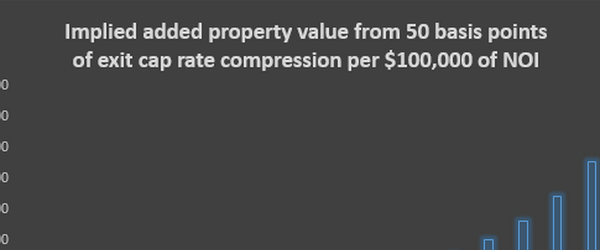Life insurance can be confusing, but it’s one of those necessary evils that everyone should have – yet few people understand. The worst thing to do is to ask an insurance agent what the policies are all about because he will of course attempt to sell you whatever policy he sells. If you need to know how does term life insurance work, read on.
Term insurance is valid for a particular number of years and is a fairly recent addition to the insurance business, showing up in the early 1970s as a very affordable alternative to the then popular cash value policies. Term insurance is simply life insurance that pays a death benefit ‘ the face value of your policy ‘ if you die during the term, or length, of the policy.
Premiums are lower for young, healthy individuals. Occasionally you might be required to undergo some simple tests like blood work or a urinalysis. Some carriers insist on what they call a cheek swab as well; this checks for some diseases as well as for drugs and tobacco.
Your premiums are then primarily based on the results of these tests. Most people, even with what could be considered some serious health issues, can still be insured but their premiums will increase accordingly. You might also be ‘rated’. Being rated puts you in a special category that alerts all insurance companies to the fact that you are high risk.
Should you get a letter saying you have been rated you do have a few options. Some people just can’t afford these premiums and they choose to cancel their application for the policy. Others find that they have been rated based on erroneous information; in this case they can have their doctors provide written documentation proving the rating is wrong.
Term insurance can cover an entire family, unlike cash value that forces the family to buy policies for each individual. Having an entire family covered is much less expensive under one policy. For instance, a couple of about 35 can have $250,000 of coverage for each of them, and also add a $10,000 rider to cover the kids (all of them) for approximately $110 a month.
As insurance should be, you are paying only for a death benefit only with term policies. You are not paying for any type of savings or investments, and there is no reason to anyway. If you die while the policy is active, your survivors get the face value of the policy.
If you have children it is a good idea to add them to the policy as well. Even though many parents shy away from doing this, the rider is meant to do nothing more than pay for unexpected burials. In worst case scenarios, if any happens where more than one child dies, perhaps a car or boating accident, each child is covered for the same amount, whatever the rider is. In other words, if a family loses two children in let’s say a school bus accident, the parents will get benefits to bury both.





































Comments